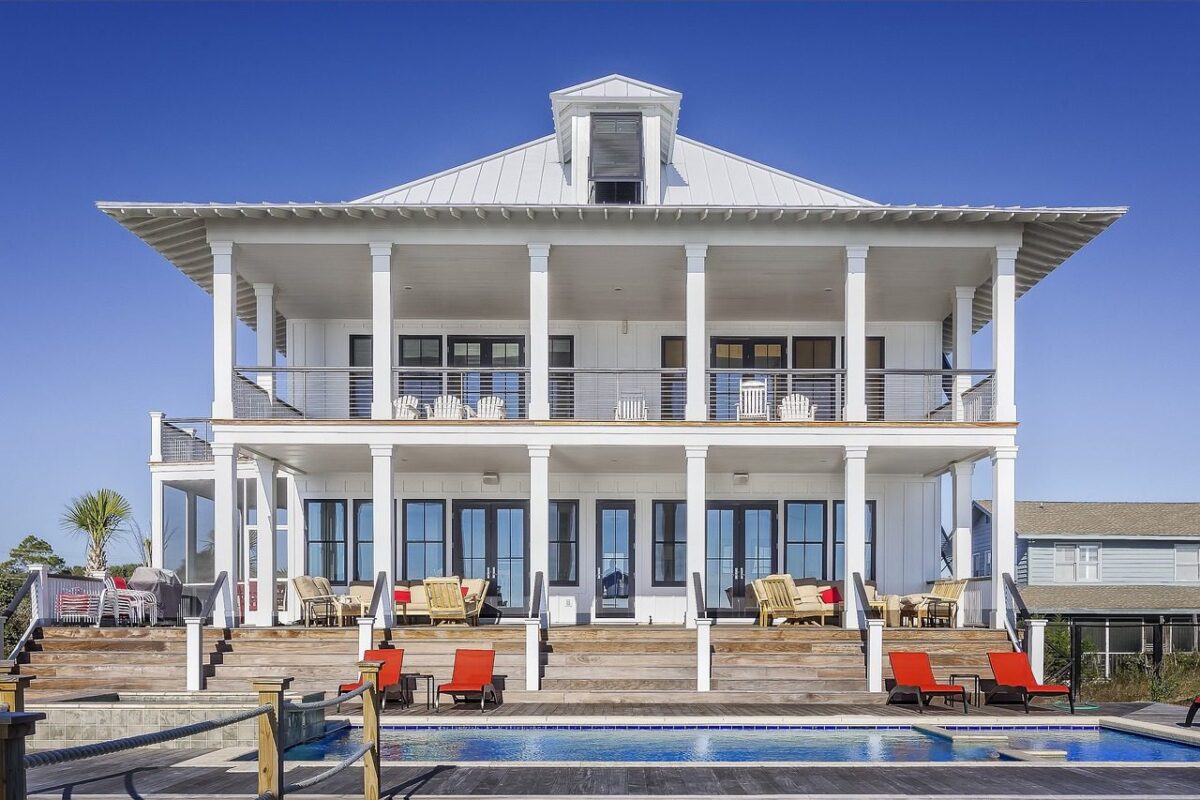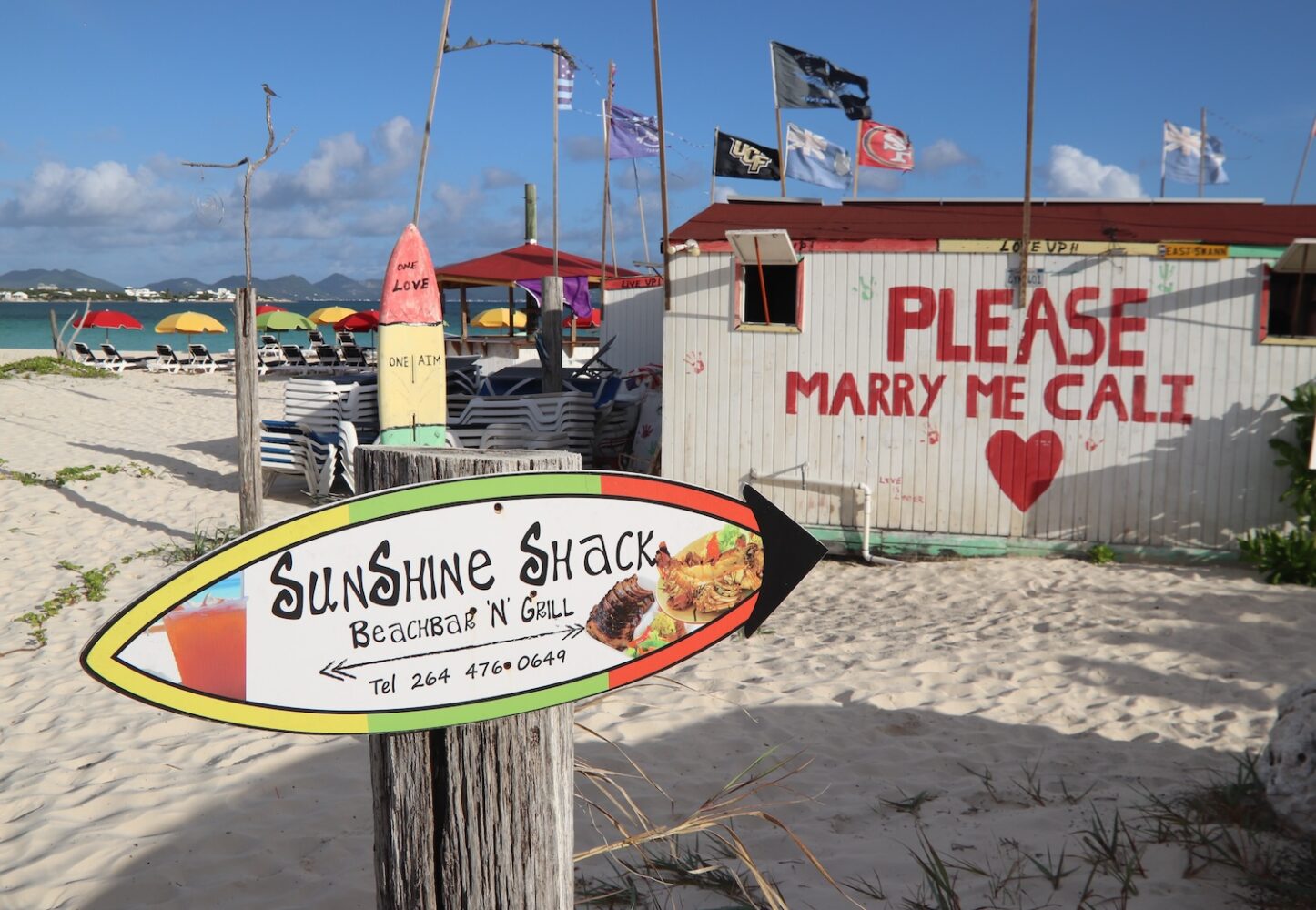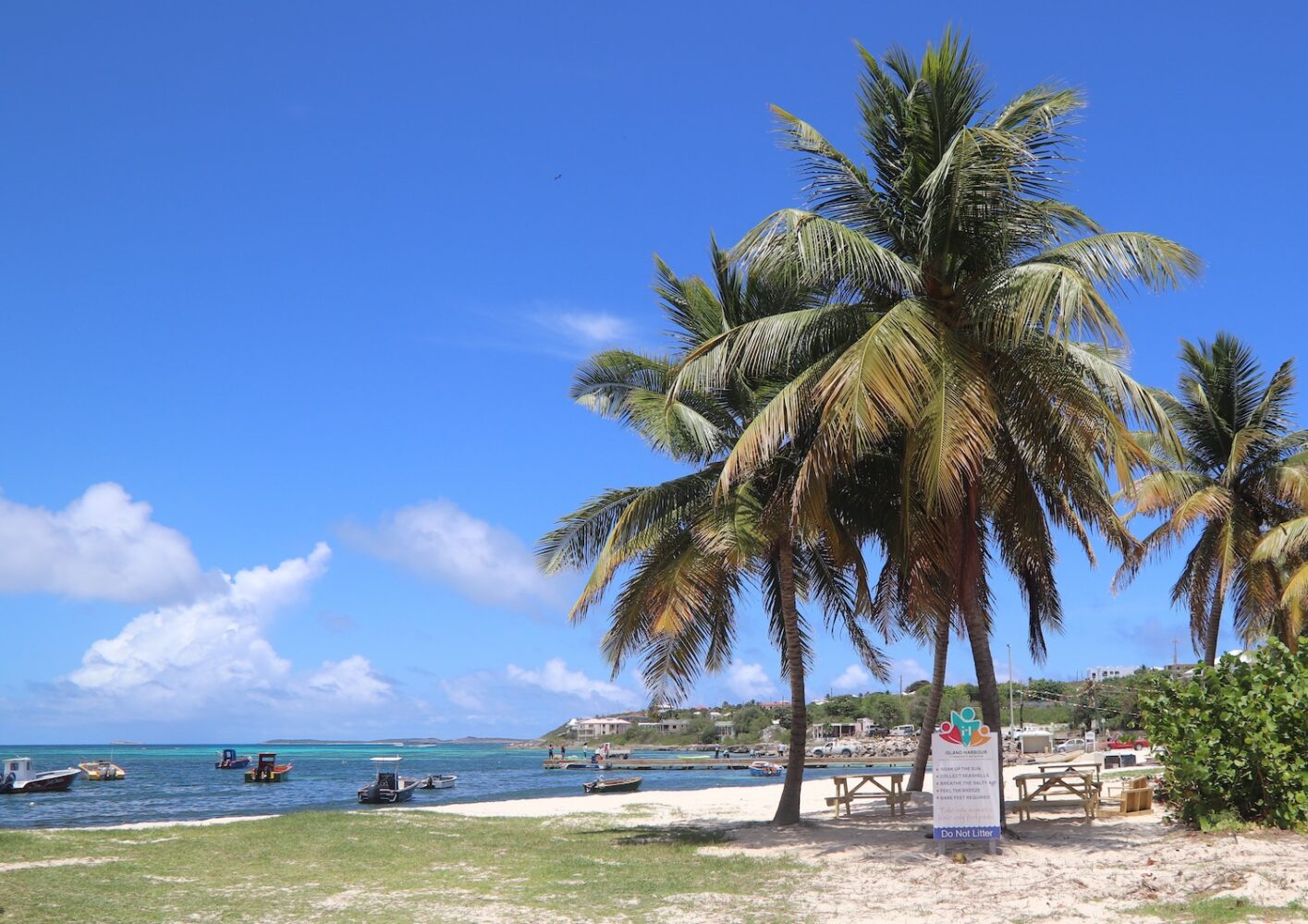Registered owners of property in Anguilla worth at least US$750,000 can now apply for permanent residency, thanks to recent amendments to the economic residence law.
Members of the House of Assembly voted unanimously in favour of the Bill for Anguilla Economic Residence (Amendment) Act, 2024, during a sitting on 23 July.
The new law amends the Anguilla Economic Residence Act, 2019, and allows people to apply for residence by investment after completing the purchase of property.
Previously, an application had to be made before buying approved real estate when executing a binding purchase and sale agreement with a developer or owner.
The law also amends the definition of a dependent to include young people between 18 and 26 years old who have gained acceptance into a tertiary education institution.
They must be scheduled to begin within one year of acceptance – which allows students who are considering a gap year to be eligible for inclusion.
The new definition of dependent includes the spouse of the applicant and any child of theirs that is mentally or physically disabled and fully supported by them.
No passport
Premier Ellis Webster, who is also minister of finance, moved the bill and said the reason for the amendment to the existing law is “fairly simple in its intent”.
He said the act allows people who invest in Anguilla to apply for residency, which is similar to the citizenship by investment programmes run in other Caribbean territories.
“This is similar, except that there is no passport that is given, but there is residency that is allowed,” he said.
Opposition member Jose Vanterpool, who stood in support of the bill, said there is a lot of potential in the residency by investment programme that has yet to be tapped into.
However, he shared concerns from members of the public about the residency being a pathway for foreigners to get an Anguillian passport in five years.
He asked the premier to explain the difference between this residency and the pathway to a passport.
Webster responded that the pathway to British overseas territory citizenship and then United Kingdom citizenship is controlled by the British Nationality Act.
That law requires people to live in Anguilla for a certain amount of time each year, for several years, he said, adding that “it’s a different setup”.
The bill passed through the second reading, the committee without amendments, and the third reading, before being passed.





